The disparity in vaccine availability is a threat to the refugee community, as well as the rest of the world.
Engaging in activism during the pandemic can be difficult due to health-related barriers and stressors. Follow these tips to foster connection and empowerment during Genocide Awareness Month and beyond.
“With hate on the rise and a global pandemic keeping us apart, it’s essential that we come together virtually across lines of difference,” says David Fox-Estrin, founder and CEO of Together We Remember and the grandson of four Holocaust survivors. “On April 29th, we intend to demonstrate the diversity and depth of work being done by incredible organizations around the world to make ‘never again’ a reality, once and for all.”
The fight may look different in different communities and for different women, but this should only encourage people to come together from diverse backgrounds to understand how we can truly end gender-based violence for everyone. As a global family, we need to band together and uproot the misogyny that permeates the lives of women around the world.
We see ourselves as decent people who seek to “overcome evil with good” (Romans 12:21), yet we also see many of our leaders use creative language to “call evil good, and good evil” (Isaiah 5:20).
Young readers, especially children, are far smarter than they are given credit for. Children's novels that engage young minds with empathy, openness, and humility are a creative approach capable of moving entire generations further towards critical conversations about genocide and what action needs to be taken to prevent future genocide.
In 1941, the world began to learn of the mass murder of Jewish people in what would become known as the Holocaust. In 1948, world leaders gathered, shocked by the events they had witnessed, and vowed that human rights atrocities would never happen again. In 1986, this promise was broken when 182,000 Kurds were killed during the Anfal Campaign in Iraq.
The shooting that took the lives of eight in Atlanta, Georgia, is the latest in a series of instances of identity-based violence. For our sake, it must be the last.
The Selk’nam tribe was thought to be extinct after years of violence, slavery, and genocide. Activist Hema’ny Molina resists the erasure of Selk'nam culture and fights to ensure that such atrocities will never happen again.
Truth is the most powerful & unshakeable foundation, and that is what we want our communities to be - unshakeable.
Today marks the 53rd anniversary of the death of Martin Luther King Jr. TWR Youth Fellow Dorene Hantzis connects this past to the present and explores the historical truths we must confront to reach our end goal of “Never Again.”
Whether it be a discussion about slavery, the Holocaust, the Armenian Genocide, or the U.S’s Genocide against Native Americans, the discussion needs to be had and blame needs to be accepted by governments (and some have), on behalf of the state and its citizens, to truly take the first step in the right direction toward reparation, reconciliation, and healing.
Whatever you decide to do for Autism Awareness Day, listen to Autistic self-advocates. Autistic self-advocates will always be the best resource on what you can do to help out.
I’m not someone who is built to be in the closet. I will be visible in honor of those of us who cannot be. I am a visible trans person who hopes that one day it will be safe to be visible and trans.
While every day is the apt time to fight injustice in all its forms, Together We Remember intends to spend this April, or Genocide Awareness Month (GAM), inspiring education, action, and remembrance. GAM is a month where, as a united front across the world, we remember the lives lost to identity-based violence throughout history, and work harder than ever to prevent it from ever happening again.
“Harris being elected means… that I don’t have to settle as an African American female because she didn’t.” With a Jamaican father and Indian mother, Vice President Harris made history that day. And it’s about time.
Social justice can be achieved when communities unite and support each other despite their differences. Each of us has a responsibility to fight for justice, and when we do that, we can create a better world.
Together, we must ensure that the efforts, histories, and experiences will never again be overlooked or erased.
In 2018, a school shooting in Parkland, Florida reignited America’s debate about gun control and violent extremism. Three years later, we reflect on how to practice collective memory in a way that uplifts the human aspects of tragedy.
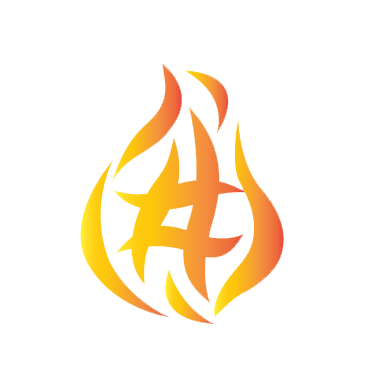
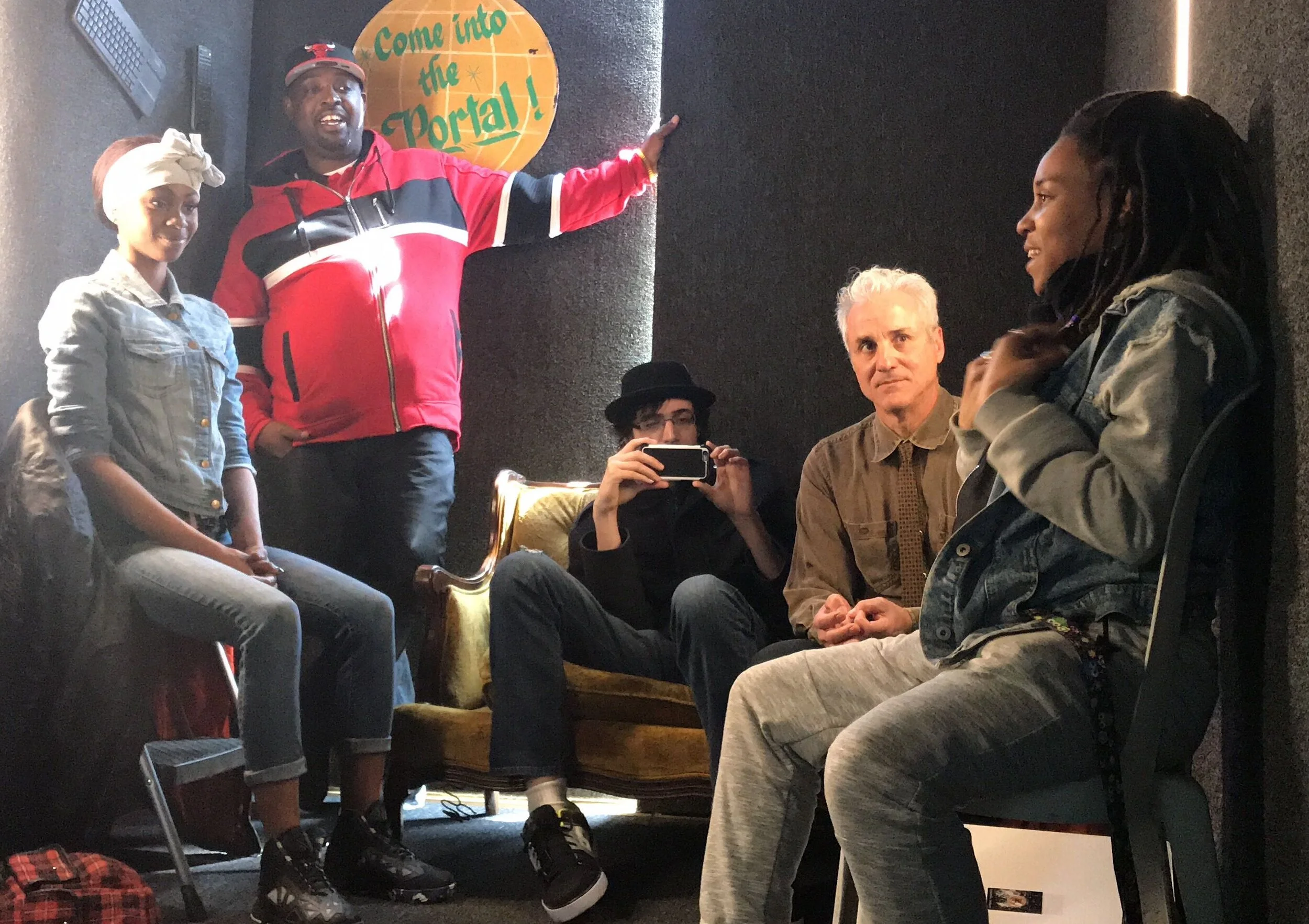
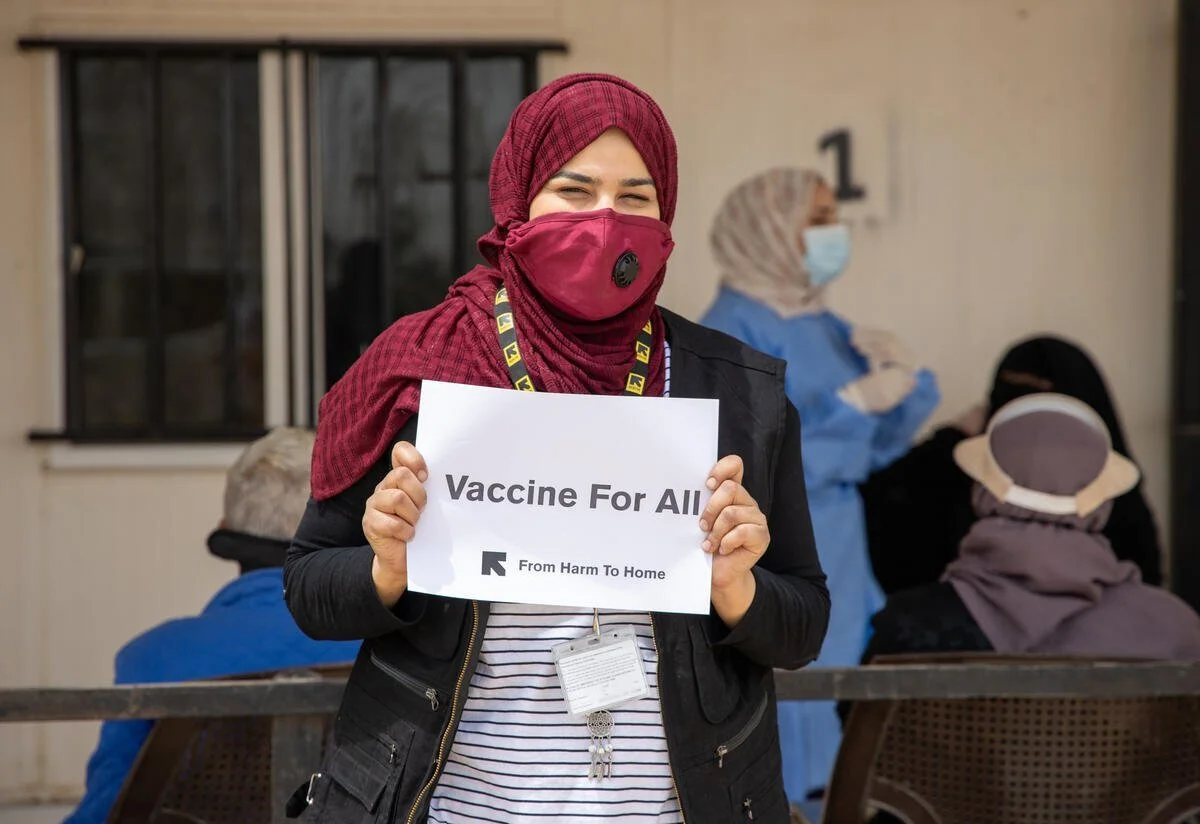













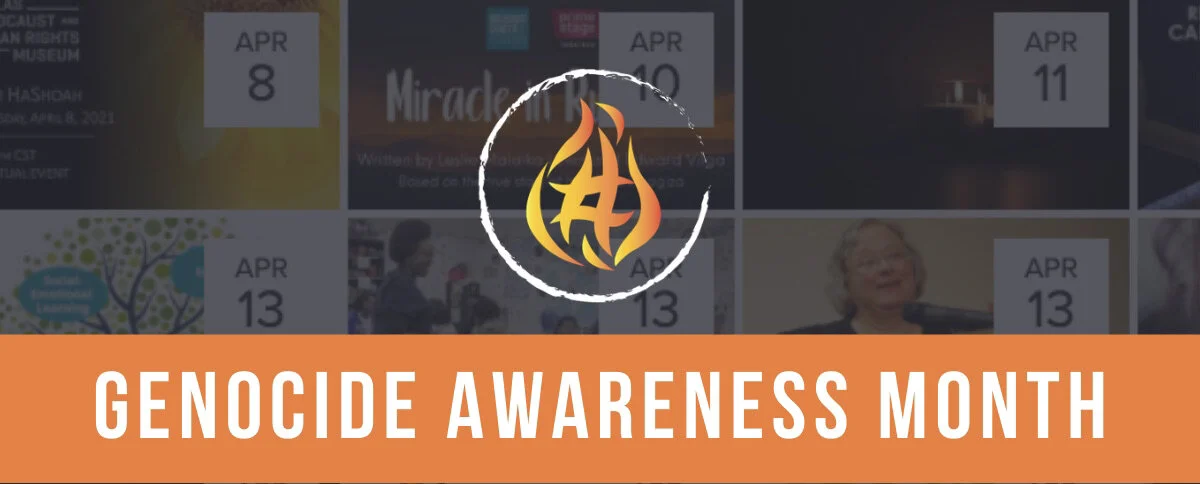



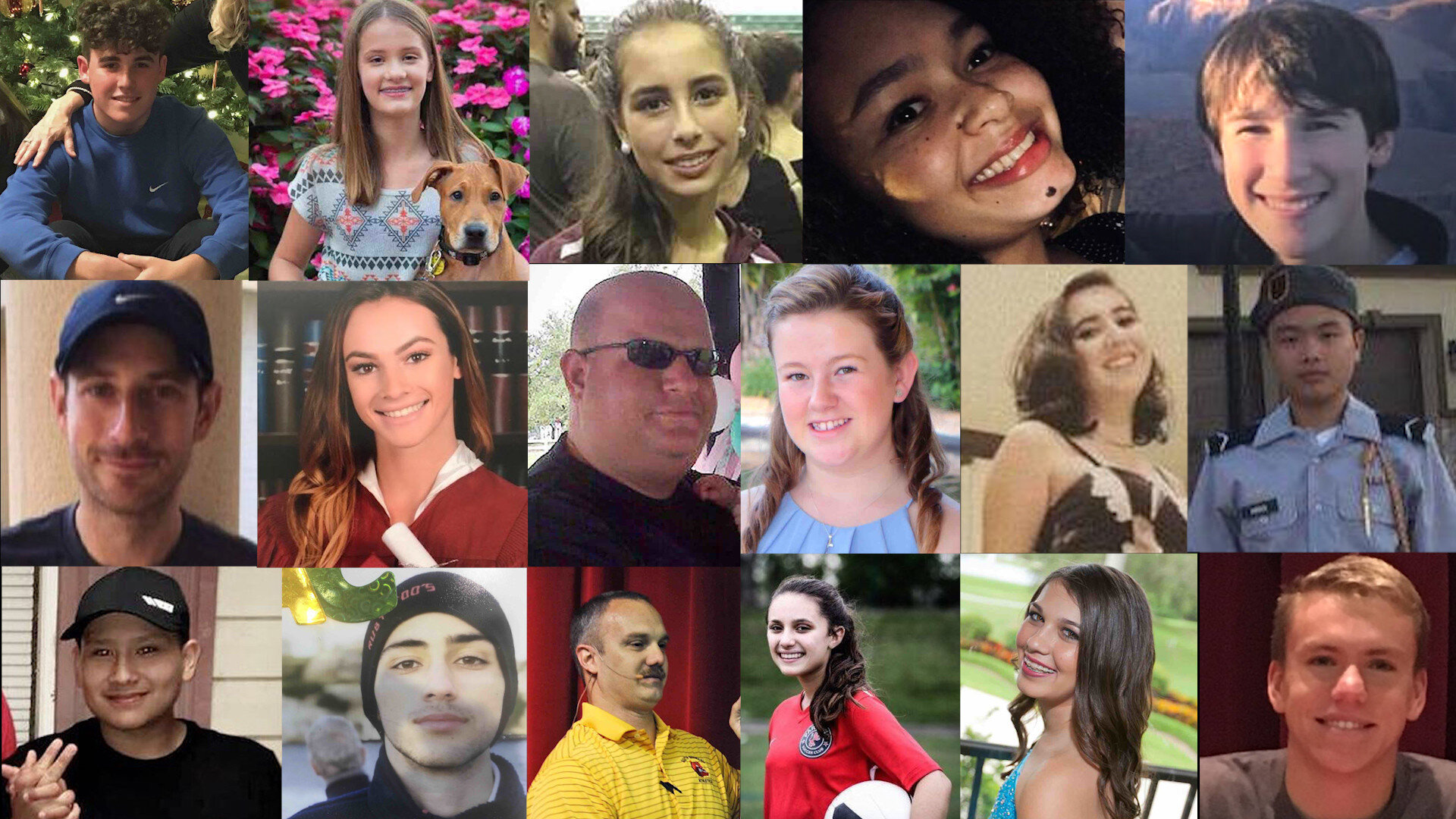
Food is an iconic part of the USA’s annual 4th of July celebrations. But what exactly is “American” food?